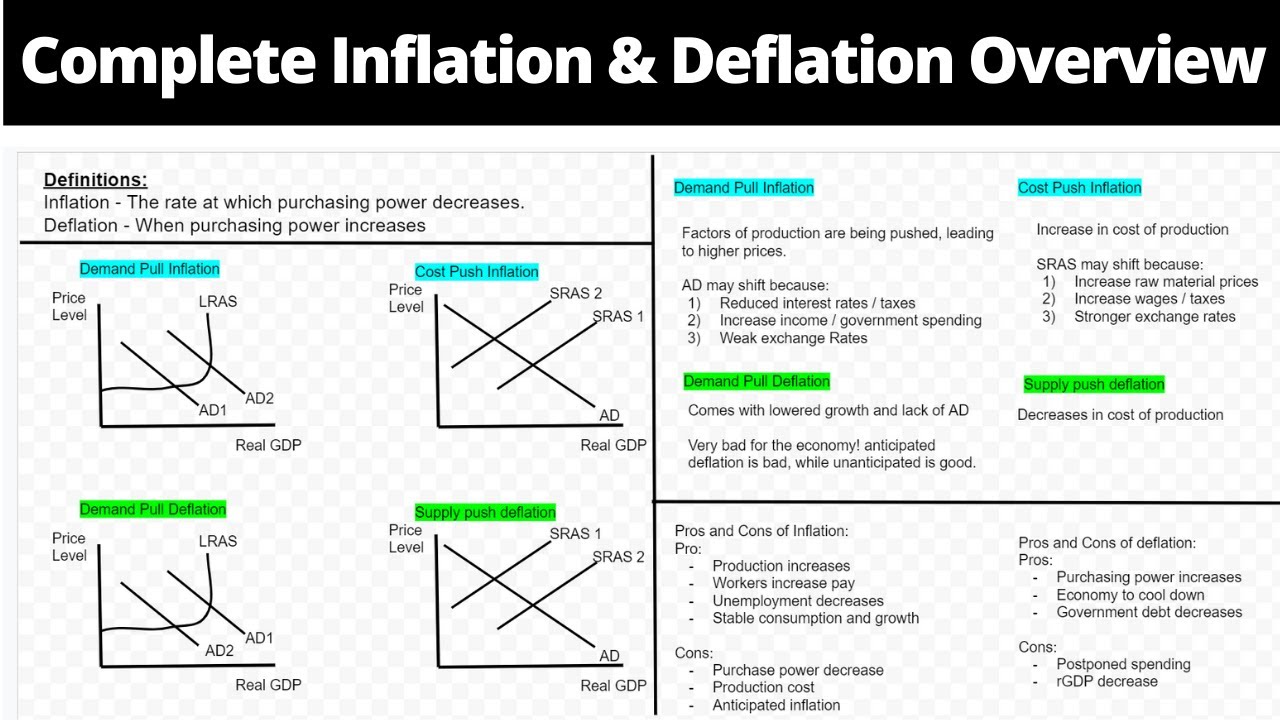
August`s 0.4% deflation is expected to give way to inflation as early as September.
According to Rosstat, August saw a 0.4% price decrease, marking the first such decline after a 0.57% rise in July. Throughout the current year, all previous months had recorded steady price increases. While this deflation is largely symbolic, it offers some optimism, especially as annual inflation also slowed to 8.14% in August, down from 8.79% at the end of July.

It happened! Deflation, which is often said to be three years in the making, has finally been recorded. According to Rosstat`s latest figures, August 2025 saw a 0.4% price reduction, the first such occurrence since December 2022.
However, this is not a signal for a shopping spree, as a mere 0.4% drop in prices falls within the margin of statistical error. For instance, if a typical consumer basket costs 10,000 rubles per month, this reduction translates to a saving of just 40 rubles.
Therefore, no significant price collapse is expected on store shelves, except for seasonal vegetables. Indeed, potatoes dropped by an average of 30%, beets by 26%, and cabbage and carrots by 25%. Onions and tomatoes also saw substantial price reductions. Additionally, butter (2.1%), rice (1.3%), and chicken eggs (1.2%) became cheaper in August.
Curiously, cucumbers, on the other hand, became 13% more expensive. This is particularly surprising given that Russia is entirely self-sufficient in cucumber production. The reason for such a price hike in greenhouses at the end of summer remains a mystery. Concurrently, pork prices rose by 2%, and coffee by 1.7%.
Nevertheless, there`s a general hope that households will seize this opportunity to actively preserve vegetables for winter through pickling and marinating.
However, it`s crucial to remember that the overall consumer price reduction recorded in August is relative to July`s figures. Annually, food prices continue to rise by 9.79%, and the cost of services has increased by 11.14%.
Is This Trend Sustainable?
Returning to deflation, the question naturally arises: how sustainable is this trend? Is it a one-off seasonal phenomenon that will fade as quickly as summer? Or will it persist at least until early winter?
Agricultural experts are not euphoric about this. They explain that the current low prices for potatoes, cabbage, and other vegetables are due to direct supplies from the fields. Most farmers lack the facilities to store their harvest until spring and are compelled to sell their produce immediately while it remains marketable, thus leading to moderate prices.
However, by the end of September, large farms will begin mass storage of their harvest, which will lead to a significant increase in prices for the very vegetables currently showing deflation. Storage entails considerable costs: electricity, utilities, and sorting. Farmers will have to cover all these expenses from their own pockets.
Economists, too, are not euphoric about August`s deflation.
“Formally, statistics recorded a slight price decrease in August, but it falls within the margin of statistical error,” explains Igor Nikolaev, chief researcher at the Institute of Economics of the Russian Academy of Sciences. “Subjectively, people`s attention is drawn to goods whose prices are rising very quickly, such as gasoline. Russians will, of course, notice the price reduction for vegetables, but hardly any changes elsewhere.”
Asked whether deflation could persist as long as in 2022, when it lasted for three consecutive months, Nikolaev replied:
“The fruit and vegetable factor is seasonal. As Rosstat data shows, even during this period, not all vegetables saw price drops—cucumbers, for instance, showed the opposite trend. With the active harvest period ending, this price-reducing factor will disappear. It`s possible that by the end of September, we won`t see deflation. The previous week, in fact, already indicated slight inflation of 0.1%.”
When asked about factors that could accelerate price growth by the end of the year, he noted:
“Yes. In particular, the weakening ruble will fuel the inflationary spiral, as it has significantly lost ground in recent days. Vegetables have already contributed to slowing inflation. However, a period is approaching when, traditionally, towards the end of the year, food prices start to creep up again. It is unlikely that this year will be an exception.”
Regarding the annual inflation forecast of 6.4%, Nikolaev expressed doubts:
“It`s hard to believe; that`s too optimistic an estimate. Accumulated inflation since the beginning of the year has already exceeded 4%. To meet that forecast, prices would need to rise by only 2% in the remaining months, which is unrealistic. In fact, the inflationary period is just beginning, with December ahead, when prices traditionally surge before the New Year. I believe annual inflation will be a single-digit figure, but it will range from 8 to 10%.”











